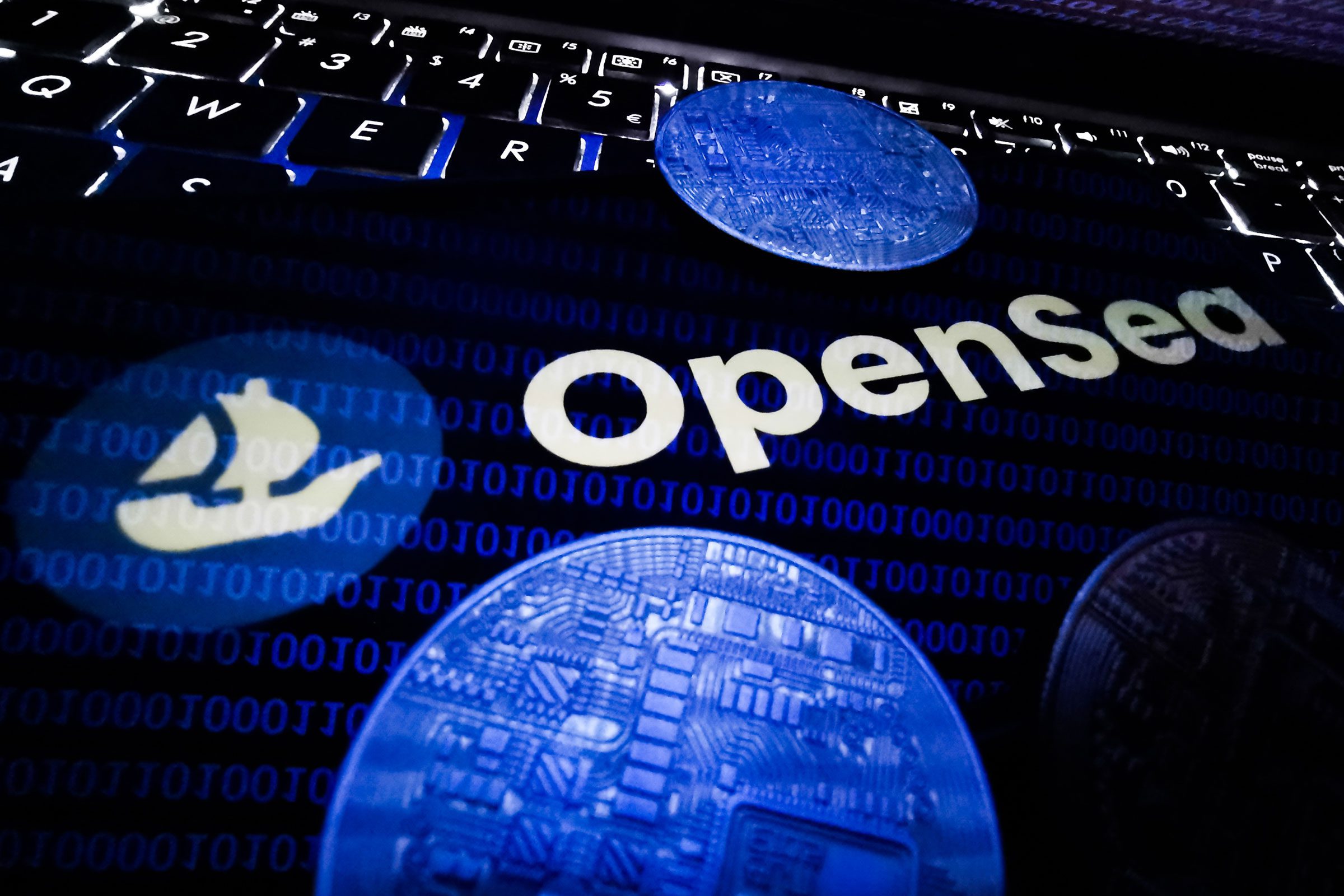
What is Open Sea?
Founded in 2018, OpenSea is the leading marketplace for the launch and sale of non-fungible tokens (NFTs). Although it already has powerful competitors that have surpassed it over time, it is still the most important and popular platform. Let’s see what it is, how it works and what problems it is facing.
Let’s go first to the source, to the OpenSea website, to see how they present themselves. “We are proud to be the first and largest market for NFTs”. That is more of an advertising phrase, although it has a lot of truth, so we are going to delve a little deeper explaining its mechanisms.
The platform believes that protocols like Ethereum and interoperable standards like ERC-721 and ERC-1155 will enable vibrant new economies. To do so, they are creating tools that allow users to freely trade their items, creators to release their digital works, and developers to build rich, integrated marketplaces for their digital items. The fact is that the process works since, in effect, as they themselves announce, they are the largest market in the sector, even though LooksRare has surpassed it over time -although with questionable methods of its users, in which 95% of cases they sell themselves – and Rarible outsells them.
However, OpenSea has raised doubts and complaints from many of its users since it has been forced to apply the sanctions imposed by the United States. Raúl Jaime Maestra, for El Blog Salmón, explains that “the sanctions imposed by the United States government mean that US companies cannot provide services or goods to any type of user who is in sanctioned countries, as is the case of Iran, North Korea, Syria, Venezuela and Russia. OpenSea is a US company (headquartered in New York) and is required to apply government sanctions.” He adds “the different movements that OpenSea has made have created a new debate about the companies and the services they offer in blockchain, if they are truly decentralized and, if MetaMash has joined these sanctions.”
At the moment, the policy is zero tolerance for sanctioned users, but since these orders come from state authorities, the debate on the true decentralization of cryptocurrencies is still up for discussion.
You may also like
Categories
- Android (3)
- Antivirus (1)
- Artificial Intelligence (AI) (20)
- Automobili (6)
- Bitcoins (6)
- Blockchain (8)
- CAREER (18)
- Cloud Computing (15)
- Cybersecurity (28)
- DEVELOPMENT (20)
- Digital Transformation (62)
- EDUCATION (20)
- FINANCE (99)
- HEALTHCARE (98)
- Home Security Systems (2)
- IGAMING (12)
- Internet of Things (IoT) (28)
- Laptops (8)
- NEWS (351)
- Printers (2)
- PRODUCTS (90)
- RETAIL (31)
- Routers (8)
- SECURITY (60)
- Servers (13)
- SERVICE (12)
- Smartwatches (2)
- Storage (2)
- Streaming Devices (13)
- SUSTAINABILITY (56)
